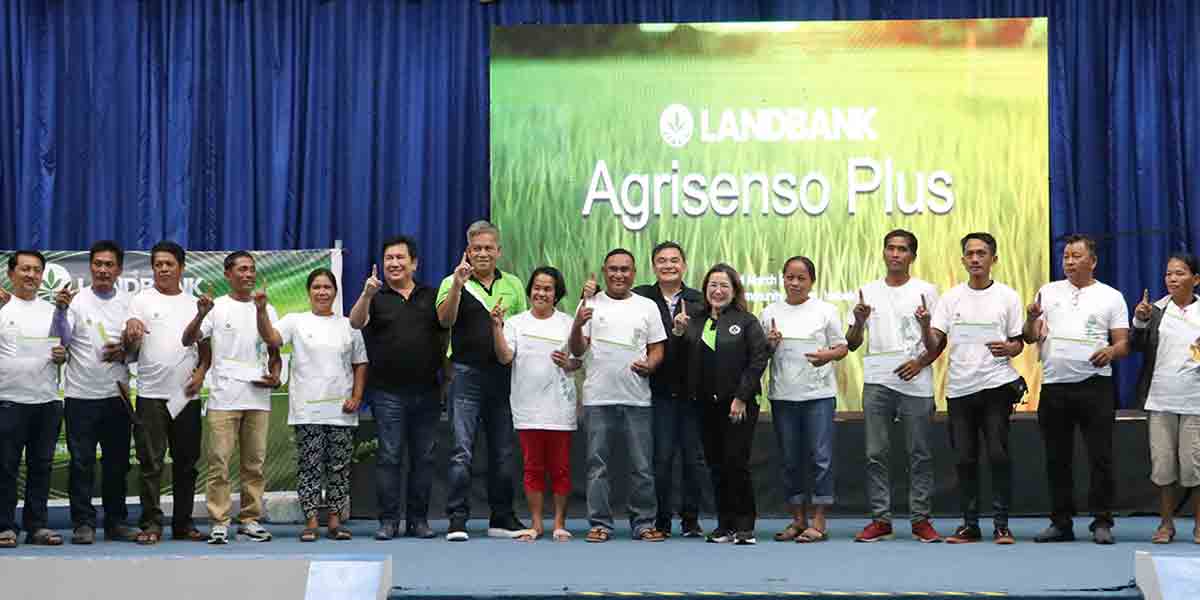
The heritage practice of weaving the piña of Aklan is featured in the 2025 wall calendar of the National Commission for Culture and the Arts (NCCA), an annual tradition cherished for being informative and promoting Philippine culture and heritage.
The handloom weaving of the pineapple textile, estimated to be about two centuries old, is now being practiced by the Akeanon people in northwestern Panay Island in the Visayas using a process remains largely unchanged through time. The piña is highly prized because of its elegant beauty and tedious process involved in making, used as prime material in formal attire such as the terno and the barong Tagalog as well as in finery and other objects.
Being an epitome of traditional craftsmanship, articulation of native aesthetics and the nation’s cultural marker for the nation, it was inscribed in the UNESCO Representative List of the Intangible Cultural Heritage of Humanity on December 5, 2023, affirming its importance in demonstrating the diversity of cultures and creative expressions of the country as well as of the world.
The calendar features the different steps and stages in making the textile—from cultivating the pineapples and extracting the fibers to weaving the fine threads using the handloom and transmitting the knowledge and skills within the community—through photographs by Gerald Marcfred Dillera and texts by journalist, cultural researcher and publication designer Roel Hoang Manipon, who was involved in the UNESCO nomination process and who also conceptualized and designed the calendar.
The NCCA hopes that the calendar serves not only as a tool to remember or mark dates but also as a way to learn more about and appreciate traditional weaving and Philippine culture.
For details on this press release, contact the Public Affairs and Information Office, through [email protected] or 0945 788 5698. Visit www.ncca.gov.ph and the Facebook page @NCCAOfficial.
















